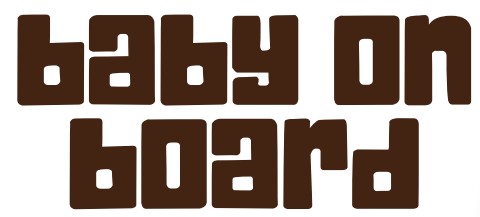
Benefits of Phonics and how to choose the right phonics classes
Hey Parents! Ever wonder how you can kickstart your child’s reading journey and make it a super fun adventure? The secret sauce is something called “phonics.” It’s like giving your little one a head start in the world of reading, and guess what? You’re the perfect guide! Phonics is all about playing with sounds and letters, and you’ve got what it takes to make learning to read a blast. So, why not dive into the world of phonics with your kiddo? It’s a game-changer that turns reading into a cool and exciting experience right from the beginning.



